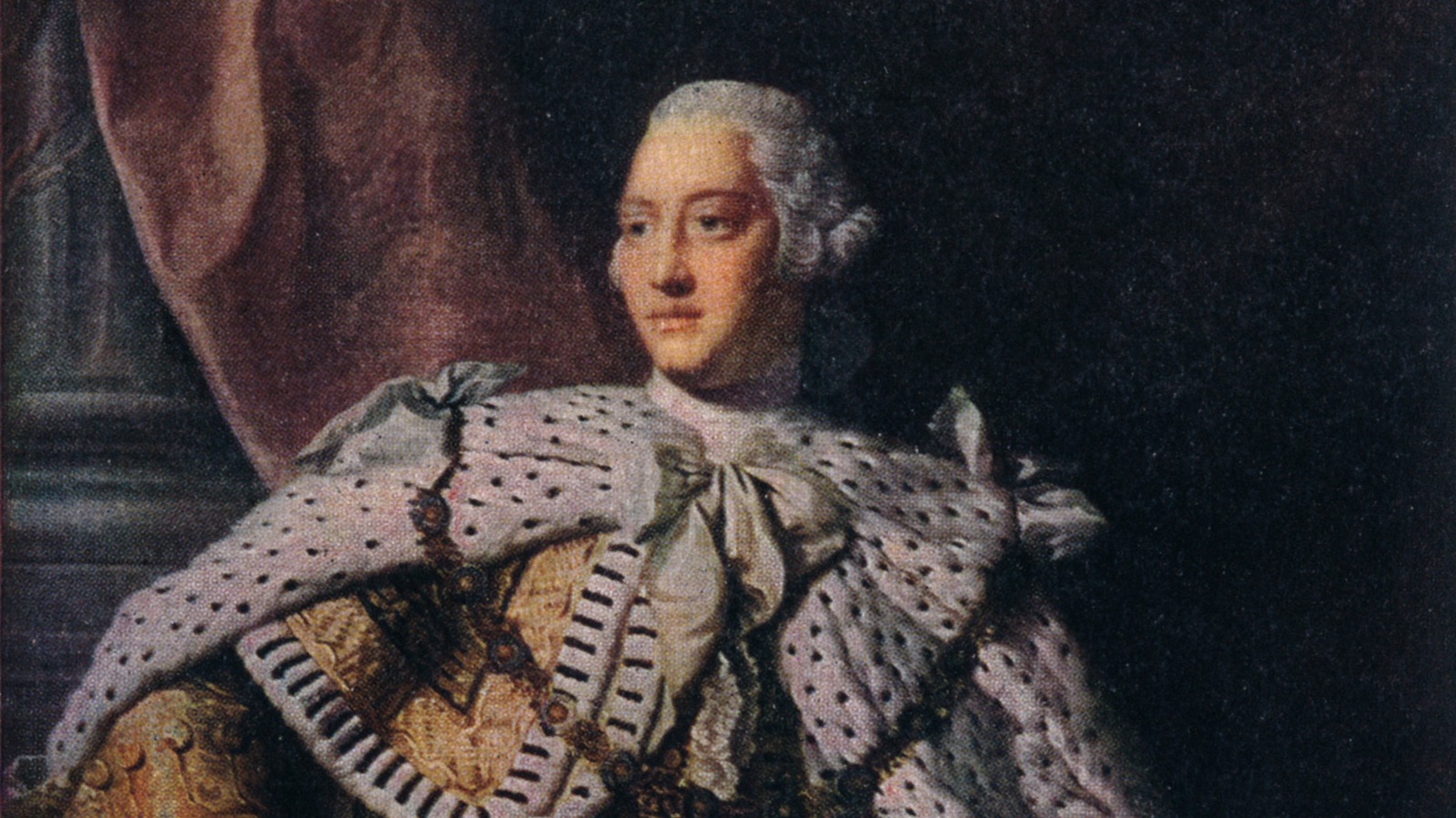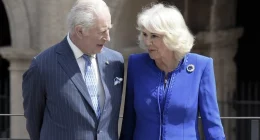
Dueling with swords had long been a traditional way of settling disputes in Britain, and though it became illegal to duel as early as 1819, it remained a common practice until the middle of the 19th century. It is believed around 1,000 duels were fought in Britain between 1785 and 1845, most of which would have taken place between members of the aristocracy, though some middle-class professions also turned to dueling to resolve arguments or perceived slights to a person’s honor.
And despite the British system of government being exalted as a model for democracy, politicians occasionally resorted to dueling when they found themselves at a heated political impasse. One famous duel fought during the period involved the prime minister himself, Arthur Wellesley, the duke of Wellington, a famous British Army general who defeated Napoleon Bonaparte at the Battle of Waterloo.
Read Related Also: Sean ‘Diddy’ Combs, Cassie settle abuse lawsuit that included allegations he forced her to engage in sex acts with male prostitutes
Wellesley’s premiership was short and heated, with a proposed Catholic Relief Bill that sought to end the oppression of Catholics throughout the British Isles proving particularly controversial. When another member of parliament, the Protestant earl of Winchilsea, accused Wellesley of encouraging the spread of Catholicism, especially in Parliament, the offended prime minister challenged Winchilsea to a duel. The pair met with pistols on London’s Battersea Fields, though the duel ended with the men unharmed and Wellington satisfied that the insult to him had been settled, per an 1829 news report in The Guardian.






